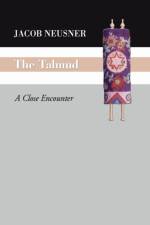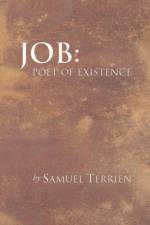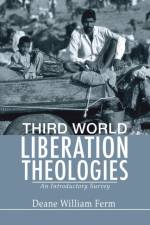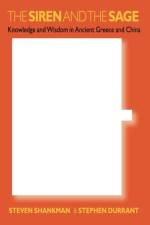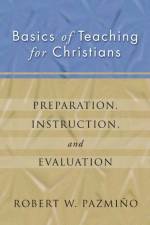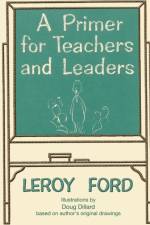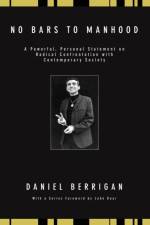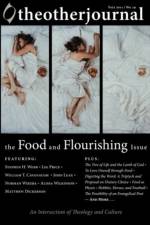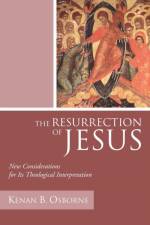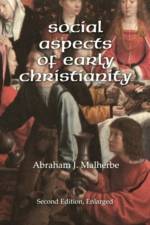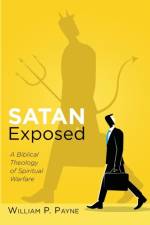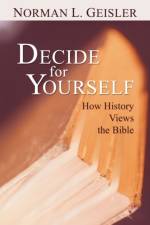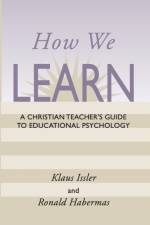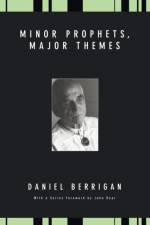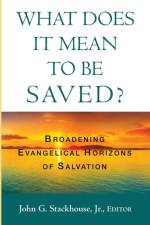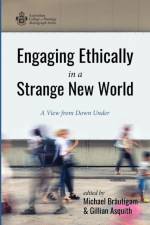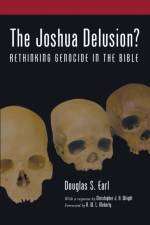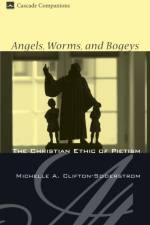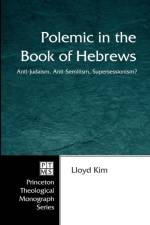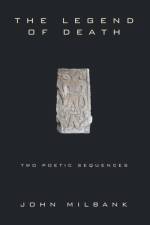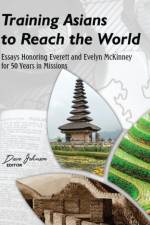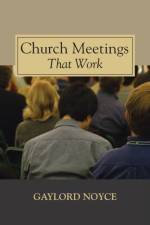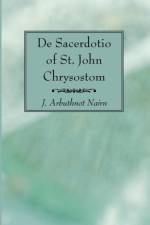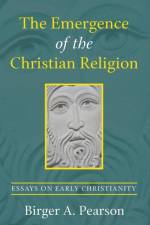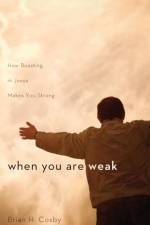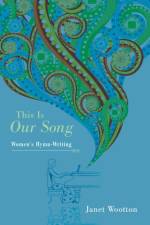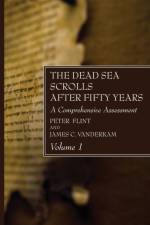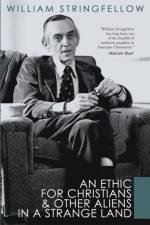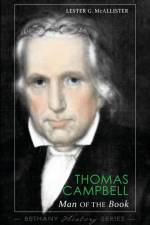av William P Payne
369,-
Spiritual warfare is not a church fad. Rather, it is the rediscovery of biblical Christianity. Furthermore, one will not grasp what the Bible teaches until one comprehends what it affirms about spiritual warfare. In truth, spiritual warfare permeates the entire Bible. When one learns to read the Scriptures through the lens of spiritual warfare, one will discern the mission of God, understand the kingdom of God, and be able to participate in the work of God. As a professional theologian, seminary professor, and spiritual warfare practitioner, Bill Payne believes that the church will not make disciples of all nations (Matthew 28:18-20) until it operationalizes what the Bible teaches about spiritual warfare. As it orients the reader to the spiritual warfare mandate, Satan Exposed tackles the difficult passages of Scripture. In short, this book will change how you read the Bible, how you understand reality, and how you do ministry.""This is an exceptional book on a subject that needs to be taken much more seriously by Western Protestantism. As a biblical-theological follow-up to his previous work, Dr. Payne unabashedly deals with basic questions about the presence of supernatural beings in this natural universe and the veracity of spiritual warfare.""--W. Joseph Stallings, theologian, pastor, and Christian evidential apologist""Dr. Payne provides us with a scholarly and accessible study in demonology that is both balanced and unapologetic regarding the nature and work of evil spirits. The demonic is often ignored or dismissed in academia and the local church. . . . We need to begin by adopting a biblical worldview on these matters. Payne''s work serves as a primer for such a task.""--Peter J. Bellini, Associate Professor of Evangelization and Church Renewal in the Heisel Chair, United Theological Seminary""Christians have studied and struggled with the forces of evil from the beginning. Yet few have reflected more broadly on the origin and development of these beliefs. Satan Exposed offers a theology of spiritual warfare through a study of primary sources, recent data, and anecdotes.""--John Byron, Professor of New Testament, Ashland Theological Seminary""For those of us shaped by a materialistic Western worldview, Satan Exposed both exposes biases that have distorted our interpretation of Scripture and offers truer understandings that can lead to more fruitful ministry practice.""--Stephen A. Seamands, Professor Emeritus, Asbury Theological Seminary""Satan Exposed is an in-depth biblical and theological orientation to the often-neglected field of spiritual warfare. . . . You may not agree with all the conclusions of the author, but you will agree with the fact that his arguments and conclusions are rooted in the biblical text.""--William Udotong, former Provost, West Africa Theological Seminary NigeriaWilliam P. Payne is the professor of evangelism and world missions at Ashland Theological Seminary. He has authored American Methodism: Past and Future Growth (2013) and Adventures in Spiritual Warfare (2018). Additionally, he is a combat veteran, a seasoned pastor, an international speaker, and a spiritual warfare consultant. He teaches on world Christianity, world religions, folk religion, cultural anthropology, evangelism, mission theology, and spiritual warfare.

